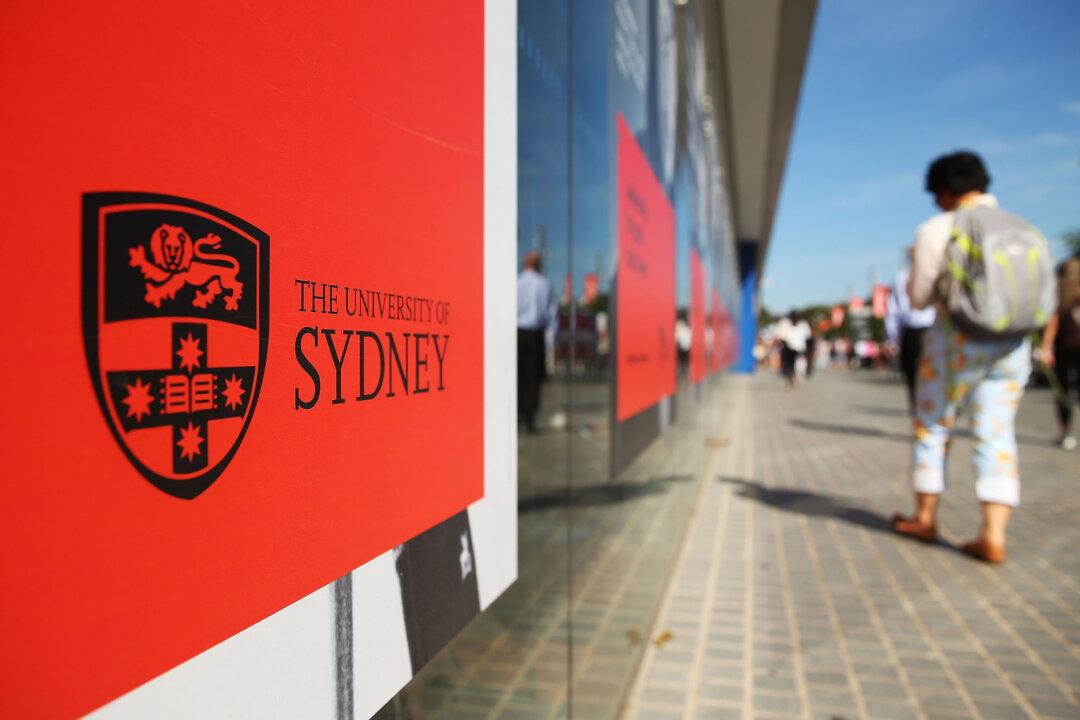Federal and state leaders met on April 9 to create a unified approach to year 12 results across the country. In a message to Australia’s aspiring graduates, federal Education Minister Dan Tehan told students that their results would be “as valuable as any previous year.”
Tehan noted that a lot had been taken from Australia this year by the Chinese Communist Party (CCP) virus, commonly known as the novel coronavirus. He explained that each state and territory had agreed that all students would receive an end-of-year senior certificate and an Australian Tertiary Admission Rank (ATAR) for their university applications.




